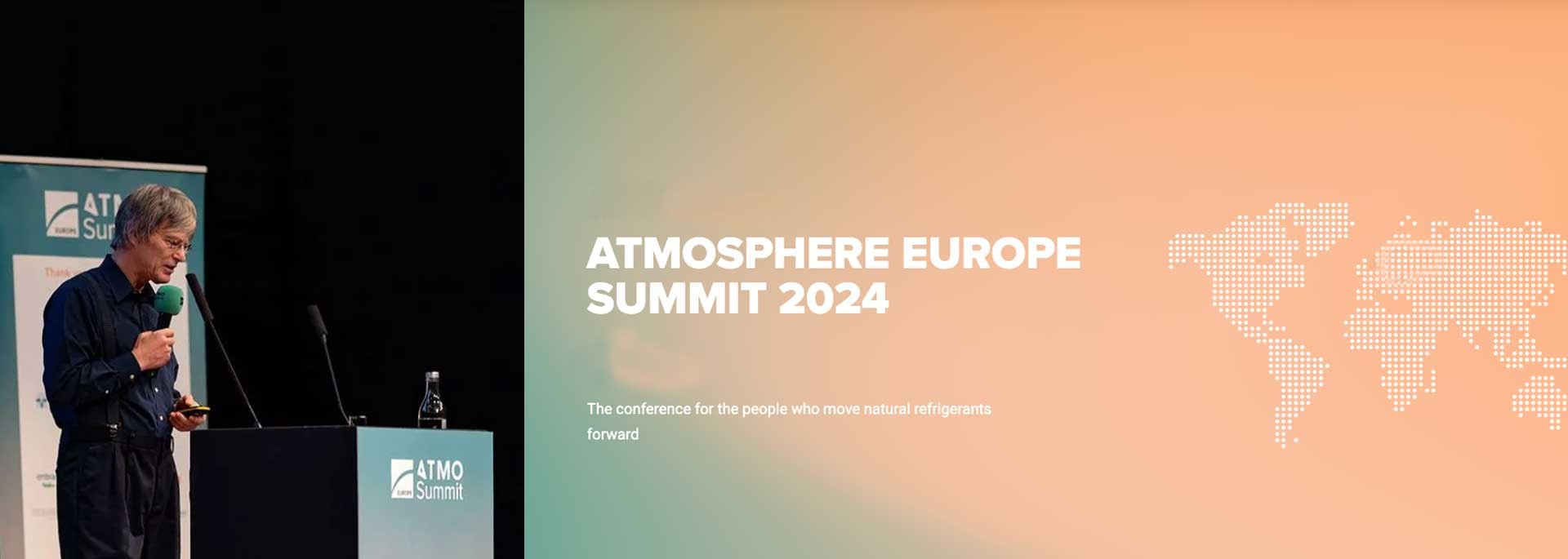
At the ATMOsphere Europe Summit 2024, Prof. Dr. Michael Kauffeld from the University of Applied Sciences in Karlsruhe (Germany) predicted the imminent end of HFO refrigerants. In his opinion, this solution will no longer be viable within eight years at the latest, i.e. by 2032.
What are HFOs
Developed as an alternative to HFCs, HFOs (hydrofluoroolefins) are refrigerants that cause the creation of high levels of TFA, which over the years have raised increasing doubts about their toxicity.
Prof. Kauffeld's central thesis is that the harmful degradation products of fluorinated refrigerants, especially trifluoroacetic acid (TFA), pollute drinking water and the environment to such an extent that it has so far been difficult to estimate. Kauffeld is therefore calling for an immediate ban on HFOs and fluorinated pesticides and is calling for natural and proven alternatives such as CO2, which are not only more environmentally friendly but also more energy efficient.
CO2 R744. Ecological refrigerant gas for buses and agricultural machinery
CO2 is a natural gas, non-toxic and non-flammable, which does not contribute to ozone depletion and has an extremely low direct greenhouse effect (GWP), widely available as it derives from the recycling of other industrial processes.
Carbon dioxide (also known as carbon dioxide) is increasingly used both in industrial refrigeration and for the production of heat pumps for the production of domestic sanitary water and in the air conditioning of motor vehicles, especially buses and agricultural machinery.
Having been using CO2 for a long time, Konvekta, a renowned German manufacturer of HVAC (Heating, Ventilation and Air Conditioning) systems and components, with over 25 years of experience in the agricultural, construction, municipal and special machinery sector, offers customized and standard solutions for any type of application.
Also in relation to the upcoming EU regulations on REACH and regulations on fluorinated gases, manufacturers of buses and agricultural machinery are increasingly turning to the natural refrigerant R744 or CO2, which are convenient, available and functional alternatives.